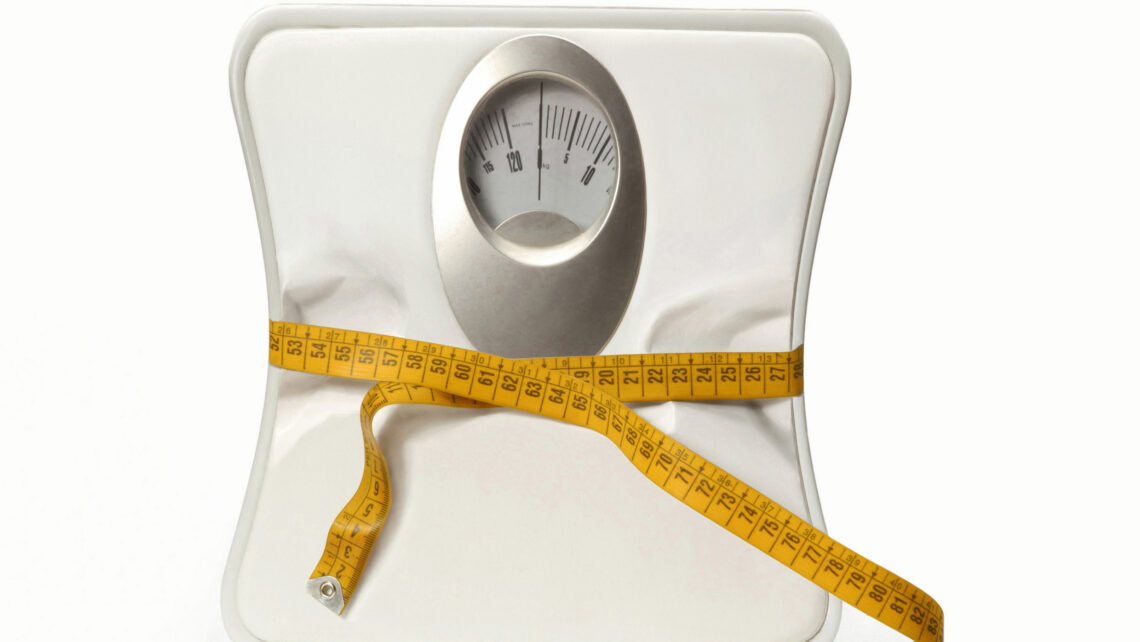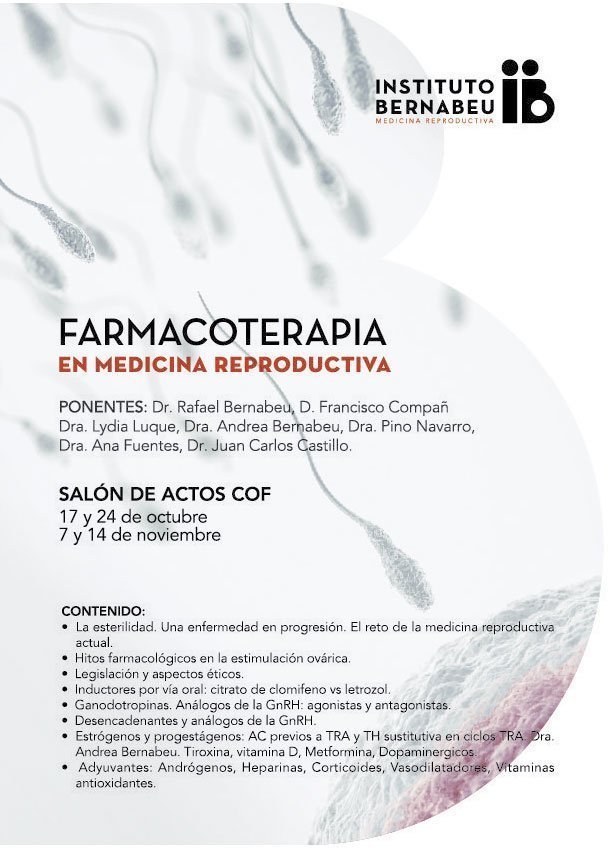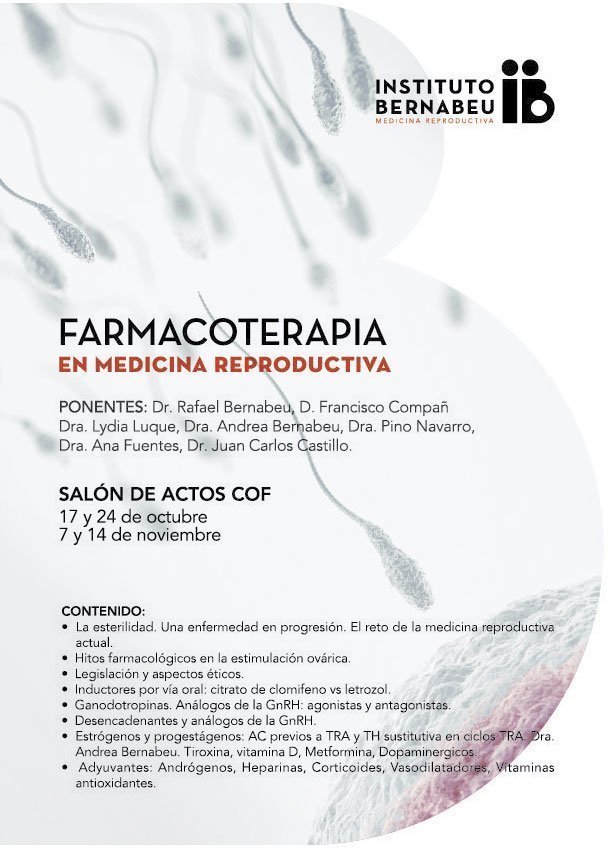
Obesity and embryo implantation failure
It has long been known that patients who are overweight face increased reproduction and pregnancy loss issues.
Issues achieving a successful pregnancy are even greater if, as well as being obese, the patient also has illnesses such as diabetes, thyroid issues or other metabolic disorders (refer to further information on endocrinology and pregnancy).
However, little was known about the direct effect of obesity on endometrial receptivity and successful or unsuccessful embryo implantation.
The following piece of research work was recently published in the prestigious Human Reproduction magazine “Diet-induced obesity impairs endometrial stromal cell decidualization: a potential role for impaired autophagy”.
This research work deals with both animals used for research and humans. The former were divided into two groups: one was given a diet that was high in fats and sugars whilst the other was given a standard diet. The animals’ endometria were analysed following a 12 week period.
The work also analysed the endometria in women of a fertile age with no reproductive issues. Some were overweight (obese) whilst others were of a standard weight.
Anomalies in the implantation zone and in the changes to the uterus which facilitate adhesion were found in the animals used in the laboratory and the biopsies taken from the women. This was the case both in the animals given a diet high in fats and sugars and the group of obese patients.
This is additional evidence to support the importance of healthy eating habits when a woman wishes to successfully fulfil her dream of having children.
Rafael Bernabeu MD, PhD, Medical Director of Instituto Bernabeu
“Diet-induced obesity impairs endometrial stromal cell decidualization: a potential role for impaired autophagy”. Julie S. Rhee, Jessica L. Saben, Allyson L. Mayer, Maureen B. Schulte, Zeenat Asghar, Claire Stephens, Maggie M.-Y. Chi, and Kelle H. Moley.Human Reproduction. 2016 doi: 10.1093/humrep/dew048. First published online: April 6, 2016
Índice


